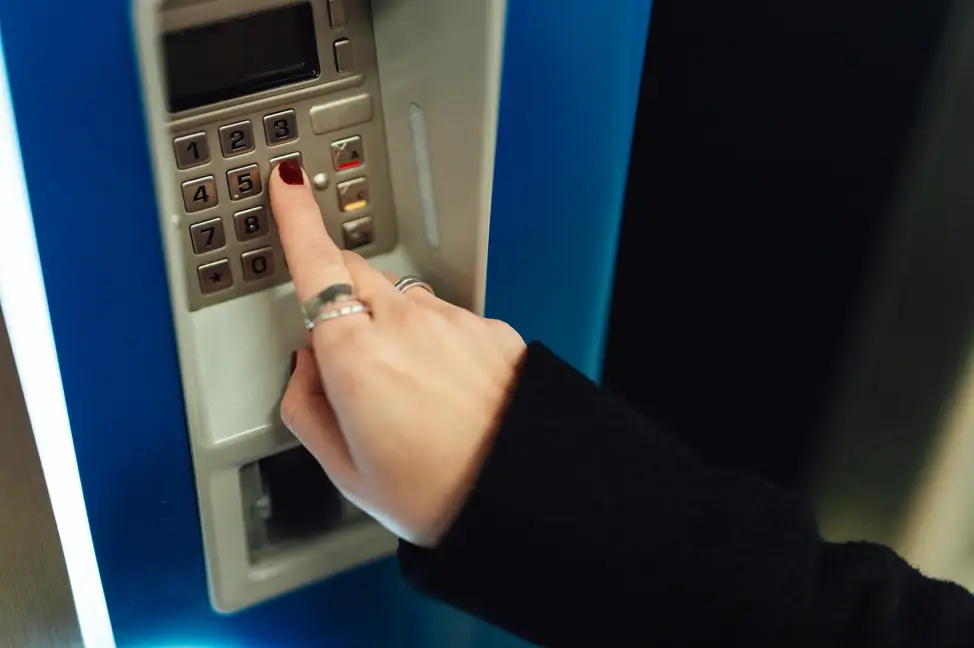
If you develop dementia, there are a lot of symptoms that show up before the diagnosis, which might include these money-related red flags.
Around 1 million people in the UK are living with dementia, according to the Alzheimer's Society, and that’s projected to go up to 1.4 million by 2040.
This means that there has been notable data showing how people began to present with their symptoms, and shockingly, it also comes with some potential money woes.
This is because it can affect your decision-making skills.
Advert
Dementia can impact major functions, impacting things like memory loss, thinking speed, mental sharpness, language — such as using words incorrectly or trouble speaking, understanding, judgement, mood, movement, and difficulties doing daily activities — per the NHS.
In particular, this memory loss can come with a lot of issues with managing money, with a neuropsychologist warning that those money red flags can show you that someone has dementia before it progresses further.

“Research shows that people with dementia may be able to initially handle basic tasks, like routine bill paying or using an ATM card,” Bonnie E. Levin, director of the Division of Neuropsychology and Cognitive Neurosciences at the University of Miami Miller School of Medicine, as per The Post. “Eventually, everyday tasks — like paying for a purchase, calculating a tip and tracking one’s investments — also become challenging to handle on one’s own.”
She explained that there are eight things that can signify someone has dementia, when it comes to paying bills and subscriptions.
According to her, those are:
- Missed monthly payments
- Many bills unpaid
- Unnecessary or unexpected purchase on bank statements
- Many new purchases on a credit card
- Unexplained or unaccounted for cash withdrawals
- Repeated login attempts via online banking
- Lost or stolen cards
- Needing PINs to be reset
Bonnie revealed this happens because the mind is confused, which is different than simply a sign of getting older.
“The brain ages just like the rest of your body, and things like misplacing items around the house or missing a monthly payment once in a while often are normal signs of brain aging and not cause for serious concern,” she shared to the outlet, adding: “However, regularly missing payments, becoming confused about time, people or places, having changes in mood or behaviour with no apparent reason and asking the same questions repeatedly can signal a more serious memory problem.”

However, there are things you can do to help loved ones who are making these mistakes, which could help them as their dementia hinders their ability to manage finances properly.
She suggested using technology as a tool, stating: “Technology can serve as an important safety net for seniors with dementia by offering deadline reminders, fraud alerts and payment tracking to make managing finances easier.
“Spending trackers and alert systems work to catch unusual purchases or repeated transactions that could signal confusion or financial exploitation.”
Or you could assign someone to take over.
Levin said: “Placing a loved one in charge of an elderly family member’s financial, medical and legal needs can prevent financial exploitation by putting decision-making into the hands of someone who is cognitively stable and a trusted source of support.”
This is because a person who is vulnerable, is more likely to be taken advantage of. She added: “Fake sweepstakes or lottery wins, in which payment or account information is needed upfront to claim rewards, and computer tech support, where a fraudster offers to fix fake computer problems for a fee, also often target the elderly and people with dementia.”
Having those safety nets in place could prevent such a thing from happening.
As always, if you know of someone who is ticking the boxes on the above money problems, seeking advice from a professional is essential.
